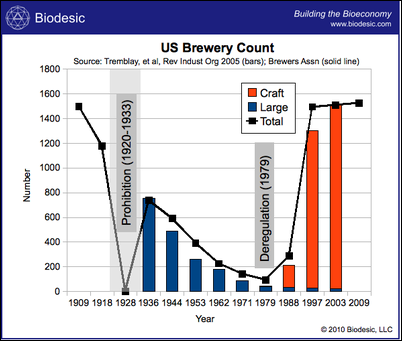In the latest issue of Michael Pinkus Wine Review, Michael talks about the hints and portents (dealing with the Ontario government requires a certain amount of Kremlinological observation skills) that a tiny measure of privatization may be coming:
There’s a rumour in the wind that a certain amount of privatization is coming to Ontario (wouldn’t that be nice), but I wouldn’t get my hopes up about it just yet – no time line has been given and I am sure that ‘more study’ is necessary … and of course, if track record is any indication, this government will find some way to either screw it up or make it such a complicated piece of legislation that it’ll take years to get through all the red tape behind it. I once heard Jerry Agar, of NewsTalk 1010 fame, say (and I’m paraphrasing here) ‘if you want something screwed up get government involved’; he’s a proponent of the private sector because they can do it more efficiently than government if only ‘the man’ would just get outta the way … I would have to agree with him here. So far the government has made a mess of our liquor system that even repressed, despotic and 3rd world countries have better access to alcohol then we do.
Sadly, I believe it might be too little too late for some of Ontario wineries who have suffered this long, but might not be around to see the light at the end of the tunnel (if and/or when it comes). Yes, this might be the end of the line for a number of our precious wineries and we only have ourselves to blame for their demise. They have been as vocal as any sector, crying for help, not necessarily a hand out (which the grape growers seem to get) as much as a hand up – basically they’ve been pleading with each government: “please give us access to (our own) market (at the very least) and we’ll show you what we can do”, all to no avail.
Why the pessimistic attitude? Let’s look at the facts. It takes some rather deep pockets to own a winery in Ontario, that or a good credit rating, because money is the number one thing required to open the doors. But making it is more of an uphill battles then in any other business I this province. Post-1993, when the majority of the wineries around today opened their doors, your cellar door is the only place you can sell your wine – sure you could tap into the LCBO and the restaurant market, but that’s it. And although recent federal regulations have been lifted regarding the selling and especially shipping of wine across the country, many provinces have yet to enact their own legislation governing the practice, hence leaving the entire topic, not to mention hundreds of wineries, in limbo, unable to tap the rest of the country as a market for fear of breaking the law. With so few avenues to sell home-grown wine the government has basically handcuffed the industry – let alone the number of asinine rules that govern the industry from within (more on that next time) – it has all been put in place it would seem, so that wineries are destined to fail; that they remain open is a testament to their resolve and passion.




